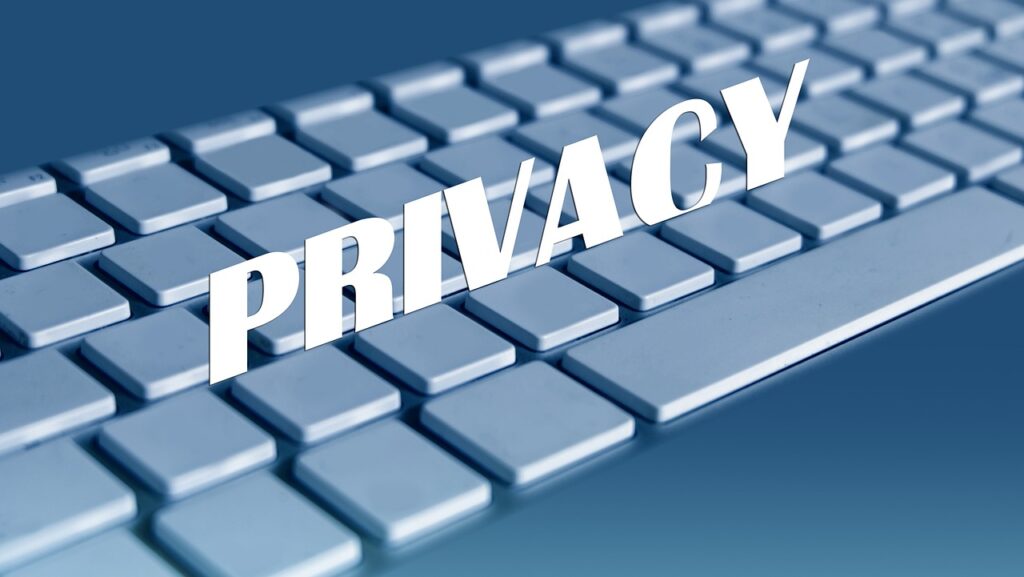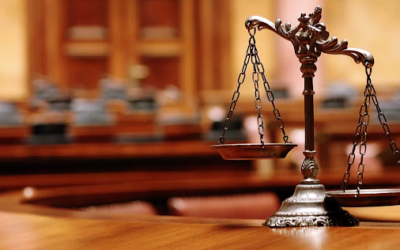Privacy protection in electronic communications under Cameroon Law

According to the 2010 law governing electronic communications in Cameroon, and its amendment of April 2015, every individual has the right to benefit from electronic communication services no matter where he/she is located on the national territory. Electronic communications is the “emission, transmission or reception of signs, signals, writings, images or sounds through electronic means”, and includes email, facsimile transmission, internet, telex, telegraph, telecopy, telephone communication confirmed by writing.
Being part of modern technologies, electronic communications pose a serious threat to the privacy of individuals. In order to preserve the private life of individuals against attacks in the electronic communication sector, Cameroon legislator has signed laws protecting privacy.
The right to privacy is enshrined in law n° 2010/012 of 21 December 2010 relating to cybersecurity and cyber criminality in Cameroon. It states that ‘every individual shall have the right to the protection of their privacy.” Equally, Decree No 2013/0399/PM of 27 February 2013 on the modalities of the consumers’ protection in the electronic communication sector states that “consumers in the electronic communication sector have the right to privacy … in the consumption of technologies, goods and services in the electronic communication sector;” The provisions of these legal instruments are complemented by those of the 2010 law on electronic communications which punishes anyone who intercepts and discloses a private conversation, be it voluntarily or involuntarily without the consent of the author.
In addition to the above national instruments, Cameroon has ratified some international instruments which equally protect privacy. An example could be seen with the CEMAC Directive No 07/08-UEAC-133-CM-18 laying down the legal framework for the protection of the rights of users of the electronic communication services in the CEMAC region. Article 3 of this directive is to the effect that member states shall ensure the protection of the privacy of users by ensuring the confidentiality of electronic communications. As such everyone is forbidden from listening, intercepting or storing communications and data, or enabling such interception or surveillance without the author’s consent.
Further, privacy is guaranteed in article 12 of the Universal Declaration of Human rights, article 17 of the International Covenant on Civil and Political Rights (ICCPR), and article 14 of the International Convention on the Protection of Migrant Workers and Members of their Families. All these articles provide that no individual ‘…shall be subjected to arbitrary or unlawful interference with his privacy, family, home or correspondence, or other communications, nor to unlawful attacks on his honour and reputation. Everyone has the right to the protection of the law against such interference or attacks.’
As far as children are concerned, their right to privacy is guaranteed in article 16 of the International Convention on the Rights of a Child and article 10 of the African Charter on the Rights and Welfare of the Child. Though the right to privacy does not feature in the African Charter on Human and Peoples’ Rights, the International Convention and African Charter on the rights and welfare of the Child consecrates children’s rights to privacy. No one is authorized to violate a child’s privacy, home, family or correspondence. No one is equally authorized to tarnish a child’s honor and reputation on condition that his/her parents or legal guardians should be allowed to exercise reasonable supervision over the child’s behavior.
- The content of privacy
Though these instruments do not clearly state what is meant by having the right to privacy in the electronic communication sector, the 2013 Decree on consumers’ protection in this sector states that the right to privacy entails the “confidentiality and respect of the principle of inviolability and secrecy of messages transferred through electronic communication networks, the protection of consumers’ personal data and the security of information transferred through electronic communication and information systems”.
Equally, the law on cybersecurity and cyber criminality lays down a good number of actions, which if carried out, will be considered to be a violation of privacy. Some of these are (i) the disclosure of personal information that undermines the consideration due to the victim, (ii) images that undermine the bodily integrity of another person, (iii) the design, act or publication of a child’s pornography message or a message likely to seriously injure the self-respect of a child, (iv) acts of indecency, etc.
- Measures put in place to penalize the violation of privacy in the electronic communication sector
Cameroon legislator has put in place a number of repressive measures to deter the violation of the right to privacy in Cameroon. Some of these measures could be seen in the Penal Code, the Law on Cybersecurity and Cyber Criminality, the 2010 law on electronic communications. Some of these acts are felonies while others are misdemeanors. Punishment for violation ranges from a fine of from 500 000 to 20 000 000 FCFA, and an imprisonment term of from Six months to 20 years, or both imprisonment and fine. The severity of these sanctions provided by the law might be aimed at deterring any individual from violating the privacy of another individual. As such the violation of the right to privacy is a criminal offense punishable with loss of liberty, a fine or both. These remedies could be sought through the various institutions put in place to ensure that the violation of privacy is remedied.
It is important to note that for security purposes, a copy of data violating an individual’s privacy can be seized and destroyed. Its destruction must be ordered by the State Counsel. Only objects, documents and data used as evidence may be kept under seal and this must be authorized by the State Counsel. If the data or information has been transformed or modified, the State Counsel, Examining magistrate or Court may request that a clearer version of the data be obtained. This can only be done by experts such as qualified natural persons or companies having the technical capacity to do so.
If one the violators of the right to privacy resides in a different territory than where the investigation is being carried out, a rogatory commission will be setup be it at the national or international level to search the elements of the crime or the perpetrators. This commission shall perform its duties in accordance with the provisions of the Criminal Procedure Code and Subject to rules of reciprocity between Cameroon and foreign countries. Consequently, the judiciary plays a vital role in the protection of privacy in the Cameroon electronic communication sector.
By Dr. Vigiline Tise Esq.,
©All Rights Reserved, February 2021
Recent Posts
- NICO HALLE & Co. LAW FIRM collaborates with ICLG for the 2021 Trade Marks Guide
- “Nico Halle & Co. Law Firm” Shortlisted for OAPI Trademark Awards
- Privacy protection in electronic communications under Cameroon Law
- Cameroon ratifies the Migration Agreement between the Government of The Republic Of Cameroon and The Swiss Federal Council
- Mass Media In Cameroon







Recent Comments